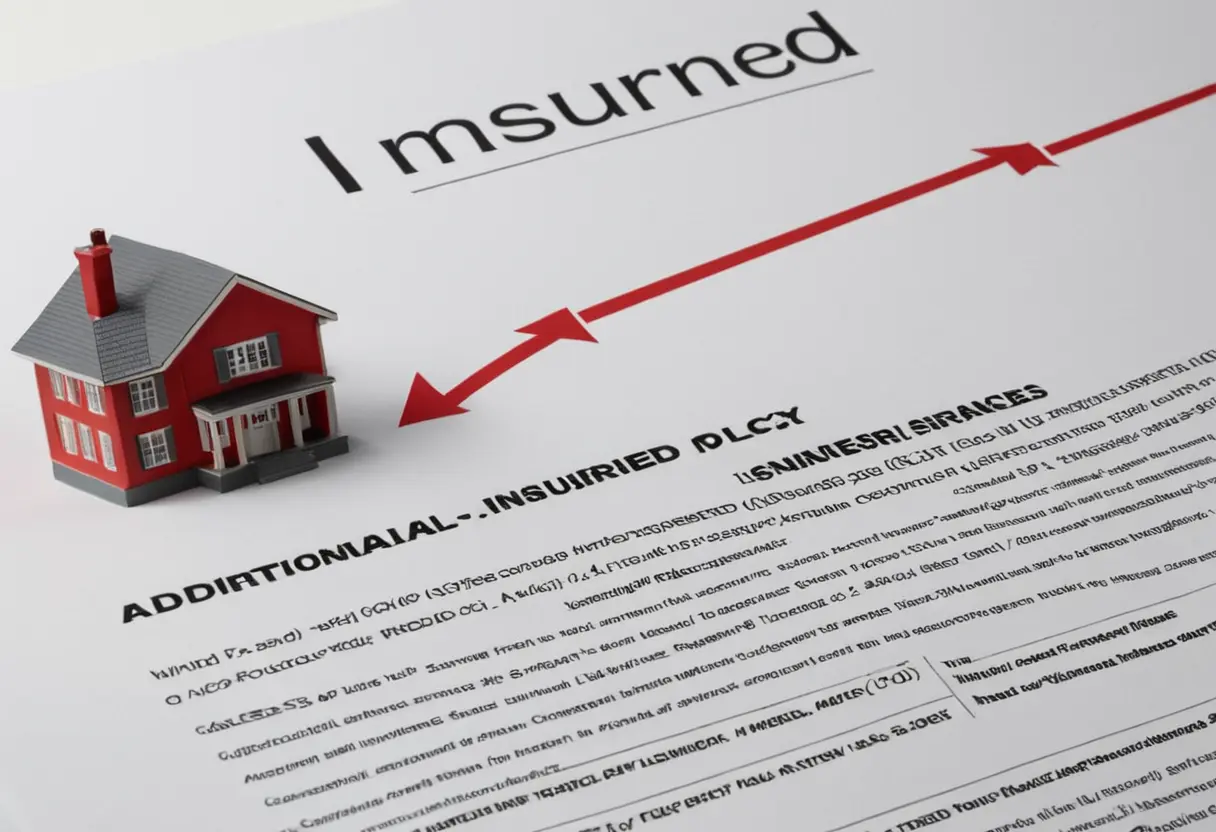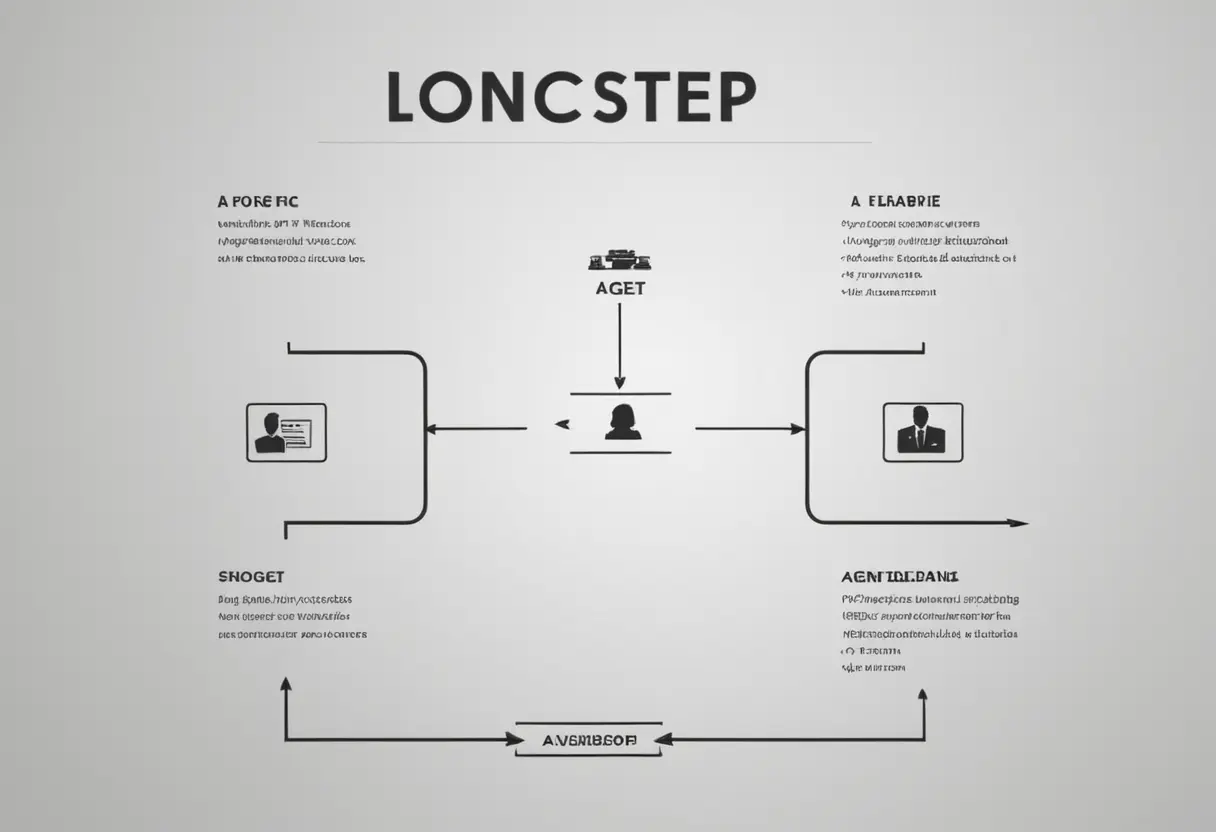Should Homeowners Insurance Be in the Name of the Trust? A Complete Guide

Should homeowners insurance be in the name of the trust? This is one of the most critical questions homeowners face after establishing a trust for their property. Yes, your homeowners insurance policy must be updated after you transfer your home into a trust. Failing to do so can create a dangerous gap in coverage, potentially leaving you uninsured when you need protection most.
Should homeowners insurance be in the name of the trust? The answer depends on your specific trust type, but the principle remains the same: your insurance must reflect the actual legal ownership of your property. When you place your property in a trust—whether for estate planning, asset protection, or tax benefits—your insurance doesn’t automatically follow. This seemingly simple oversight has left countless homeowners vulnerable to devastating financial losses.
The good news? There are two straightforward solutions: adding the trust as an “additional insured” or changing the “named insured” to the trust itself. The stakes couldn’t be higher. A house fire, liability lawsuit, or natural disaster could result in a denied claim simply because your insurance company argues they’re not obligated to cover a property they didn’t know had changed ownership.
Should Homeowners Insurance Be in the Name of the Trust: Understanding the Legal Requirements
Here’s the fundamental issue that answers “should homeowners insurance be in the name of the trust”: a trust is a separate legal entity, distinct from you as an individual. Think of it this way—when you put your home in a trust, you’ve technically “sold” it to a new owner (the trust). Your personal insurance policy doesn’t automatically follow the property to a new owner, even if you are the trustee managing that trust.
This isn’t just a technicality. Insurance contracts are precise legal documents that specify exactly who and what is covered. When the legal ownership structure changes, so does the validity of your coverage. According to the Insurance Information Institute, property insurance follows the legal owner, not the previous owner’s intentions.
The risk is real and immediate: If a fire destroys your home or someone is injured on your property, the insurance company could legally deny the claim because the “named insured” on the policy (you, personally) no longer owns the home. They’re not being difficult—they’re following the contract you signed, which was based on your personal ownership of the property.
Consider this scenario: Sarah transferred her $400,000 home into her revocable living trust but forgot to update her homeowners insurance. When a kitchen fire caused $75,000 in damage, her insurer denied the claim, arguing that the policy covered Sarah personally, not the trust that now owned the property. Sarah faced the devastating choice of paying out-of-pocket or engaging in costly litigation with no guarantee of success.
Should Homeowners Insurance Be in the Name of the Trust: Your Two Primary Solutions
When considering should homeowners insurance be in the name of the trust, you’ll need to make a central choice between two approaches. Understanding these options—and their implications—will help you make the right decision for your specific situation.
Option 1: Add Your Trust as an “Additional Insured”
What it is: This is the most common method for revocable living trusts when asking should homeowners insurance be in the name of the trust. You (the individual) remain the “named insured” on the policy, and the trust is listed as having an insurable interest in the property. Think of it as adding the trust to your existing policy rather than replacing your coverage entirely.
Pros:
- Simpler process: Most insurance companies can make this change with a simple endorsement
- Mortgage-friendly: Lenders often prefer this approach because your personal name remains on the policy
- Clear personal protection: Your personal liability as the resident is explicitly covered
- Familiar territory: Insurance agents are comfortable with this arrangement
Cons:
- May not work for all trusts: Irrevocable trusts often require the trust to be the primary insured
- Potential coverage gaps: Some policies may not fully protect the trust’s interests as an additional insured
- Less comprehensive: May not provide the same level of protection as having the trust as the named insured
Option 2: Change the “Named Insured” to the Trust

What it is: This approach makes the trust the primary entity covered by the policy, directly answering should homeowners insurance be in the name of the trust with “yes.” You and other residents are then typically covered through specific language in the policy that extends protection to trustees, beneficiaries, or occupants.
Pros:
- Direct trust coverage: Provides the most comprehensive protection for the trust as the property owner
- Required for some trusts: Often necessary for irrevocable trusts or properties owned by LLCs
- Cleaner legal alignment: The insured entity matches the property owner exactly
- Stronger asset protection: May offer better protection in certain liability scenarios
Cons:
- More complex setup: Requires careful policy review to ensure all residents are properly covered
- Personal liability questions: Need to verify that your personal liability as trustee/resident is still protected
- Potential mortgage issues: Some lenders may require notification or approval of this change
| Aspect | Additional Insured | Named Insured |
|---|---|---|
| Best for | Revocable living trusts | Irrevocable trusts, LLCs |
| Complexity | Simple endorsement | More detailed policy review |
| Personal coverage | Clearly maintained | Requires verification |
| Mortgage impact | Minimal | May require lender notification |
| Cost | Usually no additional cost | Usually no additional cost |
For more detailed information about trust structures, consult the American Bar Association’s estate planning resources.
A Simple 4-Step Action Plan: Should Homeowners Insurance Be in the Name of the Trust Implementation
Don’t let this important task languish on your to-do list. Here’s exactly how to update your homeowners insurance when you’ve determined should homeowners insurance be in the name of the trust for your situation:
Step 1: Gather Your Documents
Before contacting your insurance company, collect these essential documents:
- New property deed showing the trust as the owner
- Current insurance policy declaration page
- Trust documents (your agent may want to review the relevant sections)
- Mortgage information if applicable
Step 2: Contact Your Insurance Agent (Not the 1-800 Number)
Critical tip: Speak directly with your dedicated agent who understands your policies and situation. The general customer service line may not have the expertise to handle trust-related changes properly when you’re asking should homeowners insurance be in the name of the trust, and you could receive incorrect information that leaves you vulnerable.
Step 3: Explain the Situation & Provide Documents
Use this exact language: “I have transferred my home into my [revocable/irrevocable] living trust and need to determine should homeowners insurance be in the name of the trust to ensure there are no gaps in coverage. I want to make sure both the trust and I are properly protected.”
Be prepared to fax or email your documents. Some agents may want to consult with their underwriting department, which is normal for trust-related changes.
Step 4: Get Written Confirmation
This step is non-negotiable: Receive an updated policy declaration page showing the trust listed correctly. Do not just take their word for it over the phone. Insurance is a contract business—if it’s not in writing, it doesn’t exist.
Review the updated documents carefully to ensure:
- The trust name is spelled correctly and matches your trust documents exactly
- Your personal liability coverage is still in place
- The coverage amounts and deductibles remain as expected
- The effective date of the change is clearly stated
📋 FLOWCHART: Trust Insurance Update Process
Start → Gather Documents → Contact Your Agent → Explain Situation
↓
Review Updated Policy ← Get Written Confirmation ← Provide Documents
↓
Coverage Complete ✓
Advanced Considerations: Should Homeowners Insurance Be in the Name of the Trust for Special Situations
What About Irrevocable Trusts?
When asking should homeowners insurance be in the name of the trust for irrevocable trusts, the answer is almost always yes. Irrevocable trusts require special attention because you’ve permanently transferred ownership and control of the property. In most cases, the trust must be the “named insured” rather than an additional insured.
Key considerations for irrevocable trusts:
- The trust becomes the policyholder: Premium payments come from trust assets
- Trustee authority: Ensure the trustee has authority to manage insurance matters
- Beneficiary protection: Verify that beneficiaries who occupy the property have liability coverage
- Claims handling: Understand who has authority to file and manage claims
For comprehensive guidance on irrevocable trusts, visit Nolo’s estate planning section.
Does This Affect My Personal Liability Coverage?
This is often the biggest concern for homeowners wondering should homeowners insurance be in the name of the trust: “Will I still be covered if someone slips and falls on my property?”
The short answer is yes—if your policy is properly endorsed. A correctly updated homeowners policy should protect both:
- The trust as the property owner against property damage and ownership-related liabilities
- You personally as the trustee and resident against personal liability claims
However, this protection isn’t automatic. Your agent should specifically confirm that:
- Personal liability coverage extends to trustees and residents
- Medical payments coverage applies to incidents on the property
- The policy includes “severability of insureds” language that protects each covered party independently
What if My Home is Owned by an LLC?
Properties owned by Limited Liability Companies face similar questions about should homeowners insurance be in the name of the trust, though the answer often involves commercial coverage. Many personal homeowners policies cannot cover LLC-owned properties because they’re considered commercial entities. You may need:
- Commercial property insurance for the structure
- General liability coverage for the LLC
- Dwelling fire policies as an alternative to traditional homeowners coverage
This is a complex area that often requires consultation with both your insurance agent and business attorney to ensure proper coverage alignment. The National Association of Insurance Commissioners provides additional resources on commercial property insurance.
Your Biggest Takeaway: Should Homeowners Insurance Be in the Name of the Trust
Here’s the core message that could save you from financial disaster: when you ask should homeowners insurance be in the name of the trust, you’re really asking whether your estate plan and your insurance plan are in sync. They’re not separate considerations—they’re interconnected components of your overall financial protection strategy.
Every day you delay updating your homeowners insurance after transferring property to a trust is a day you’re potentially uninsured. This isn’t about perfectionism or crossing every ‘t’—it’s about preventing a situation where you’ve lost both your home and your insurance coverage simultaneously.
Your single most important action: A proactive call to your insurance agent about should homeowners insurance be in the name of the trust is non-negotiable. Don’t assume your coverage will work itself out, don’t put it off until next month, and don’t assume someone else will handle it. Make the call, get the documentation, and sleep soundly knowing your home and assets are properly protected.
For related information, see our articles on estate planning insurance considerations and trust administration best practices.
Frequently Asked Questions: Should Homeowners Insurance Be in the Name of the Trust
Q: How much does it cost to add a trust to a homeowners policy?
A: When determining should homeowners insurance be in the name of the trust, cost is rarely a barrier. In most cases for a standard revocable trust, there is no cost or a very minimal administrative fee (typically $25-50). It’s usually a simple endorsement to your existing policy, not a completely new policy. However, some companies may require a full policy rewrite, which could involve standard processing fees.
Q: What happens if I forget to tell my insurance company about my trust?
A: You risk having your claim denied entirely. The insurance company could argue the policy is void because the owner of the property changed without their notification. Even if you’ve been paying premiums faithfully, they may have grounds to deny coverage based on this “material change” that wasn’t disclosed. This is precisely why should homeowners insurance be in the name of the trust is such a critical question to address promptly.
Q: How is an “additional insured” different from an “additional interest”?
A: This is a critical distinction many homeowners miss when asking should homeowners insurance be in the name of the trust:
- Additional interest (like a mortgage lender): Gets notified of policy changes but has no coverage under your policy
- Additional insured (like your trust): Has actual coverage and protection under the policy
Your trust needs to be an “additional insured,” not just an “additional interest.”
Q: Does putting my home in a trust affect my mortgage?
A: Generally no, for a revocable living trust. The Garn-St. Germain Act prevents lenders from calling the loan due upon transfer to such a trust, since you maintain control as trustee. However, you should still notify your lender as a courtesy and to avoid any confusion about should homeowners insurance be in the name of the trust. Some lenders may have specific requirements about insurance changes.
Q: How long does it take to get the policy updated?
A: The change itself can often be made during a single phone call with your agent, becoming effective immediately or on your next policy renewal date. However, you should wait to receive the updated documents by mail or email, which typically takes 7-10 business days. Don’t consider the change complete until you have written confirmation that addresses should homeowners insurance be in the name of the trust for your specific situation.
Q: Should I notify other parties about this insurance change?
A: Yes, consider notifying:
- Your mortgage lender (even though it may not be required)
- Your estate planning attorney (to confirm the change aligns with your overall plan)
- Your property manager if you rent out the property
- Your umbrella insurance carrier to ensure coordinated coverage
Remember: Understanding should homeowners insurance be in the name of the trust isn’t just about checking a box—it’s about building a foundation of security that will protect your legacy for generations to come. Homeowners Insurance and Your Trust work together as essential partners in protecting your family’s financial future. When you fully grasp Trusts & Homeowners Insurance: What You Need to Know, you’re taking a crucial step toward comprehensive asset protection.
Have questions about your specific situation regarding should homeowners insurance be in the name of the trust? Consult with both your insurance agent and estate planning attorney to ensure your coverage strategy aligns perfectly with your trust structure and overall financial plan.
For additional resources, visit our related articles on homeowners insurance basics, trust establishment guidelines, and estate planning insurance strategies. You can also find valuable information at the Consumer Federation of America and AARP’s insurance guidance.





